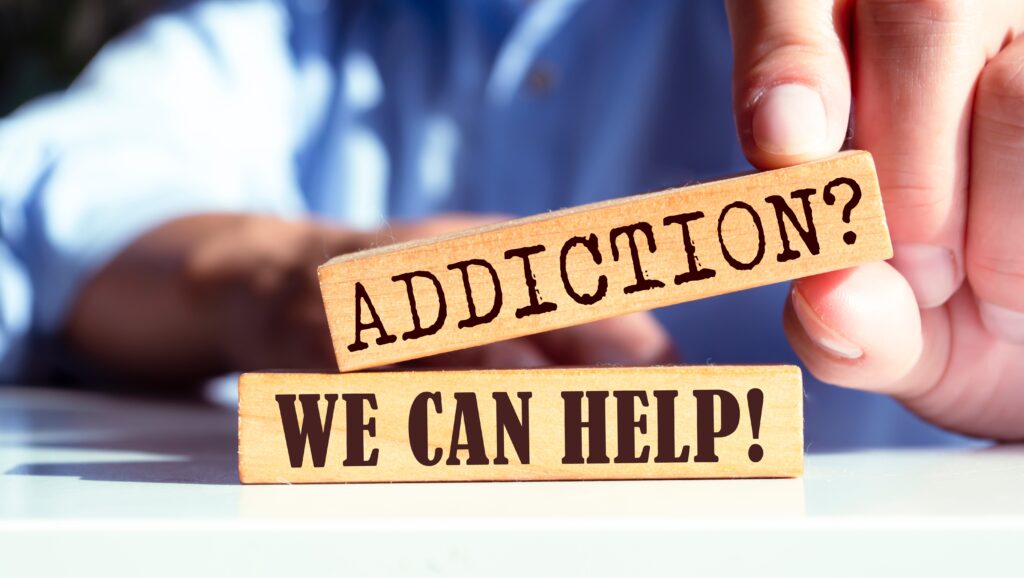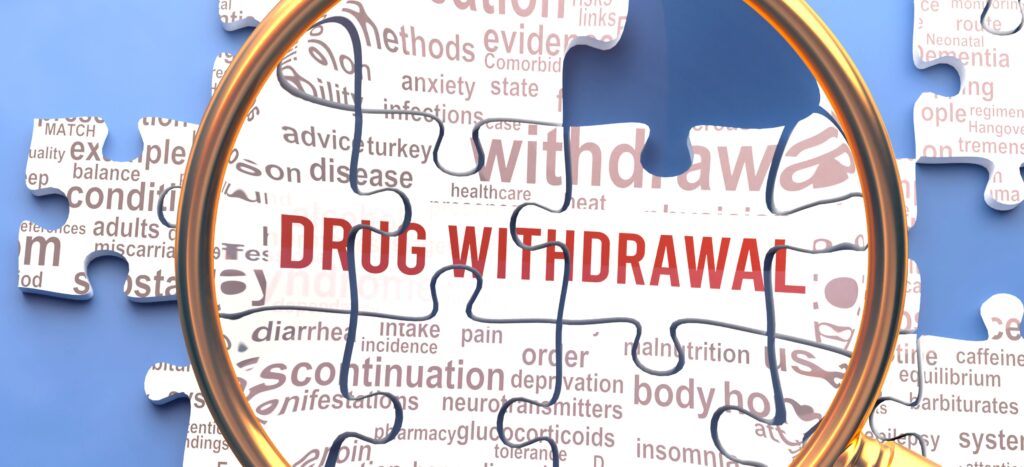Substance use detox is a critical first step in the journey to recovery for individuals struggling with addiction to drugs or alcohol. Detoxification, commonly referred to as detox, involves removing harmful substances from the body and managing withdrawal symptoms that arise when an individual stops using a drug. Detox can be a physically and emotionally challenging process, but it is an essential part of breaking free from the grip of addiction.
This blog post will explore everything you need to know about substance use detox, including what detox is, why it is important, the different types of detox, what to expect during the process, and the role of medical supervision in ensuring a safe and effective detox experience.
What is Substance Use Detox?
Substance use detox is the process of clearing the body of substances, such as alcohol, opioids, benzodiazepines, stimulants, or other drugs, while managing the physical and psychological symptoms of withdrawal. The detoxification process aims to help individuals achieve a state of physical stability so they can transition into ongoing addiction treatment, such as therapy, counseling, and support groups.
The goal of detox is not just to stop substance use but also to safely manage the withdrawal symptoms that occur when a person suddenly reduces or stops using a drug. These symptoms can vary in intensity depending on factors such as the type of substance used, the duration and frequency of use, the individual’s overall health, and the presence of co-occurring mental health conditions.
Why is Detox Important?
Detox is a crucial step in the recovery process for several reasons:
- Physical Stabilization: Prolonged substance use can lead to physical dependence, where the body adapts to the presence of the drug. When the drug is suddenly removed, the body goes into withdrawal, which can cause a range of physical symptoms. Detox helps individuals safely navigate this withdrawal period and achieve physical stability.
- Reduction of Health Risks: Withdrawal from certain substances, such as alcohol, benzodiazepines, and opioids, can be dangerous and even life-threatening if not properly managed. Detox provides medical supervision to reduce the risk of complications and ensure the individual’s safety.
- Foundation for Recovery: Detox alone is not a cure for addiction, but it is an essential first step. By clearing the body of substances, detox provides a foundation for individuals to begin the therapeutic work of addressing the psychological and behavioral aspects of addiction.
- Preventing Relapse: The discomfort and distress of withdrawal symptoms can lead individuals to relapse and return to substance use. Detox helps manage these symptoms, reducing the likelihood of relapse during the initial phase of recovery.
Medically Supervised Detox
Medically supervised detox is the most common and recommended form of detox for individuals with moderate to severe substance dependence. This type of detox takes place in a clinical setting, such as a hospital, detox center, or inpatient rehab facility, where medical professionals provide 24-hour supervision and support.
Key Features of Medically Supervised Detox:
- Medical Monitoring: Medical staff monitor vital signs, such as heart rate, blood pressure, and temperature, to ensure the individual’s safety throughout the detox process.
- Medication Management: Medications may be administered to alleviate withdrawal symptoms, reduce cravings, and manage complications. For example, medications like methadone or buprenorphine may be used to manage opioid withdrawal, while benzodiazepines may be used to prevent seizures during alcohol withdrawal.
- Supportive Care: In addition to medication, individuals receive supportive care, including hydration, nutrition, and emotional support, to help them through the detox process.
Medically supervised detox is particularly important for individuals withdrawing from substances that pose serious health risks, such as alcohol, benzodiazepines, and opioids.
What to Expect During Detox
The detox process varies depending on the substance used, the individual’s level of dependence, and their overall health. However, there are common stages and experiences that individuals can expect during detox:
1. Evaluation and Assessment
The detox process typically begins with a thorough evaluation and assessment by medical professionals. This assessment includes:
- Medical History: A review of the individual’s medical history, substance use history, and any co-occurring mental health conditions.
- Physical Examination: A physical examination to assess the individual’s overall health and identify any medical concerns that may need to be addressed during detox.
- Lab Tests: Lab tests, such as blood tests or urine tests, may be conducted to evaluate the individual’s health status and substance use.
Based on the assessment, a personalized detox plan is developed to address the individual’s specific needs.
2. Withdrawal Management
Withdrawal is the body’s response to the absence of a substance it has become dependent on. Withdrawal symptoms vary depending on the substance and can range from mild to severe. Common withdrawal symptoms include:
- Alcohol Withdrawal: Symptoms may include anxiety, tremors, sweating, nausea, vomiting, and, in severe cases, seizures and delirium tremens (DTs).
- Opioid Withdrawal: Symptoms may include muscle aches, sweating, chills, nausea, diarrhea, insomnia, and agitation.
- Benzodiazepine Withdrawal: Symptoms may include anxiety, agitation, tremors, insomnia, and, in severe cases, seizures.
- Stimulant Withdrawal: Symptoms may include fatigue, depression, increased appetite, and sleep disturbances.
During detox, medical professionals monitor and manage withdrawal symptoms to ensure the individual’s safety and comfort. In medically supervised detox, medications may be used to alleviate symptoms and reduce the risk of complications.
3. Supportive Care and Monitoring
Throughout the detox process, individuals receive supportive care to help them manage physical and emotional discomfort. This care may include:
- Hydration and Nutrition: Providing fluids and a balanced diet to support physical health and recovery.
- Emotional Support: Counseling and support from medical staff, therapists, or peers to address the emotional challenges of detox.
- Monitoring: Regular monitoring of vital signs and symptoms to ensure the individual’s safety.
The duration of detox varies depending on the substance and the individual’s level of dependence. Detox may last from a few days to several weeks, depending on the severity of withdrawal symptoms.
The Role of Medical Supervision in Detox
Medical supervision is a critical aspect of detox, particularly for individuals withdrawing from substances that pose serious health risks. Some of the key benefits of medical supervision during detox include:
- Safety: Medical supervision ensures that withdrawal symptoms are managed safely, reducing the risk of complications such as seizures, dehydration, or delirium tremens.
- Symptom Management: Medical professionals can administer medications to alleviate withdrawal symptoms, reduce cravings, and provide comfort during the detox process.
- Preventing Relapse: The discomfort of withdrawal symptoms can lead individuals to relapse. Medical supervision provides support and medication-assisted treatment to help individuals manage symptoms and avoid returning to substance use.
- Comprehensive Care: Medical supervision allows for a comprehensive approach to detox, addressing not only the physical aspects of withdrawal but also providing emotional support and preparation for ongoing addiction treatment.
After Detox: The Next Steps in Recovery
Detox is an essential first step in the recovery journey, but it is not a standalone treatment for addiction. After detox, individuals need to continue with comprehensive addiction treatment to address the psychological and behavioral aspects of substance use. The next steps in recovery may include:
- Inpatient or Residential Rehab: A structured treatment program that provides therapy, counseling, and support in a residential setting.
- Outpatient Treatment: Therapy and counseling provided on an outpatient basis, allowing individuals to continue with daily responsibilities while receiving treatment.
- Therapy and Counseling: Individual and group therapy to address the underlying causes of addiction, develop coping skills, and build a support network.
- Support Groups: Participation in support groups, such as Alcoholics Anonymous (AA) or Narcotics Anonymous (NA), to connect with others in recovery and receive ongoing support.
Conclusion
Substance use detox is a vital step in the recovery process, providing individuals with a safe and supportive environment to manage withdrawal symptoms and achieve physical stability. Whether through medically supervised detox, social detox, or outpatient detox, the goal is to help individuals navigate the challenges of withdrawal and prepare them for ongoing addiction treatment.
While detox alone is not a cure for addiction, it lays the foundation for a successful recovery journey. By understanding what detox involves, individuals can make informed decisions about their treatment options and take the first step toward a healthier, substance-free life.








